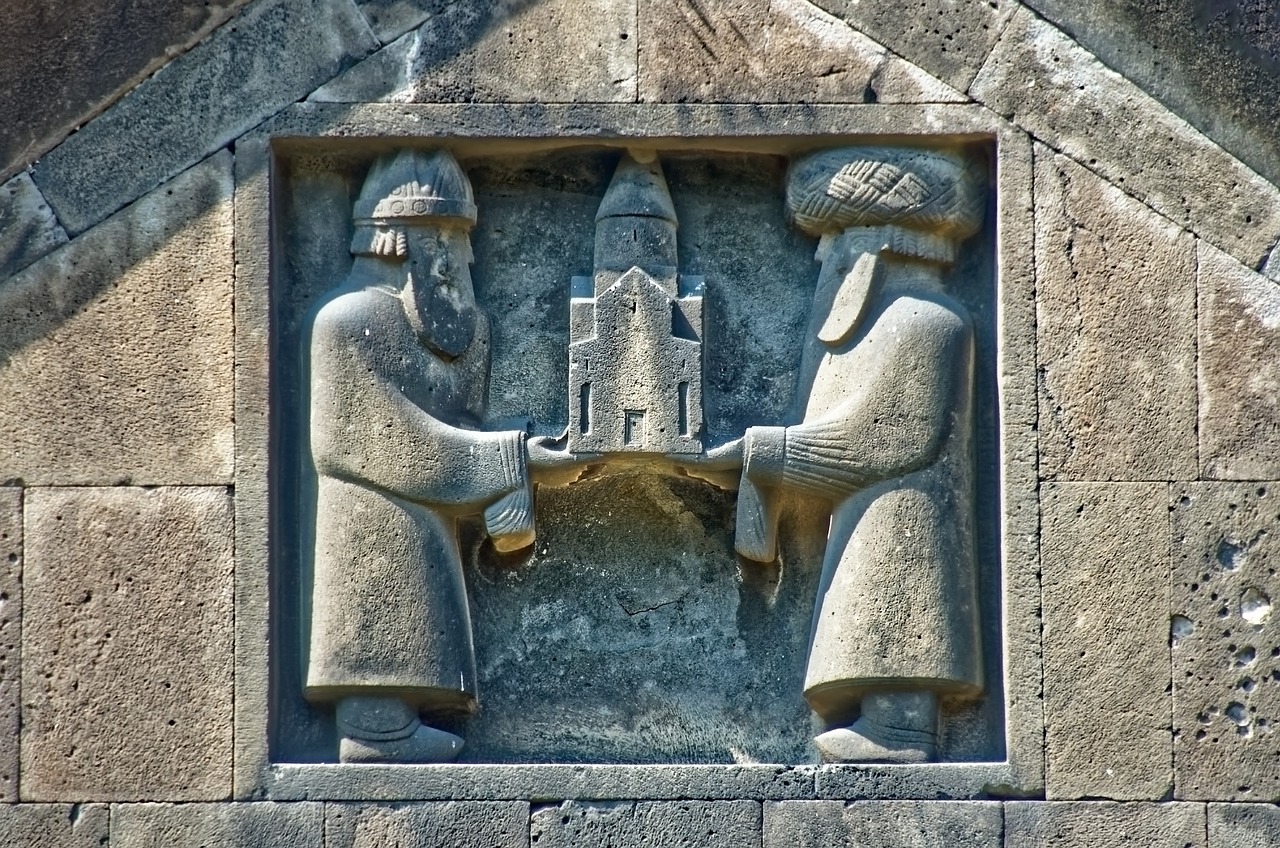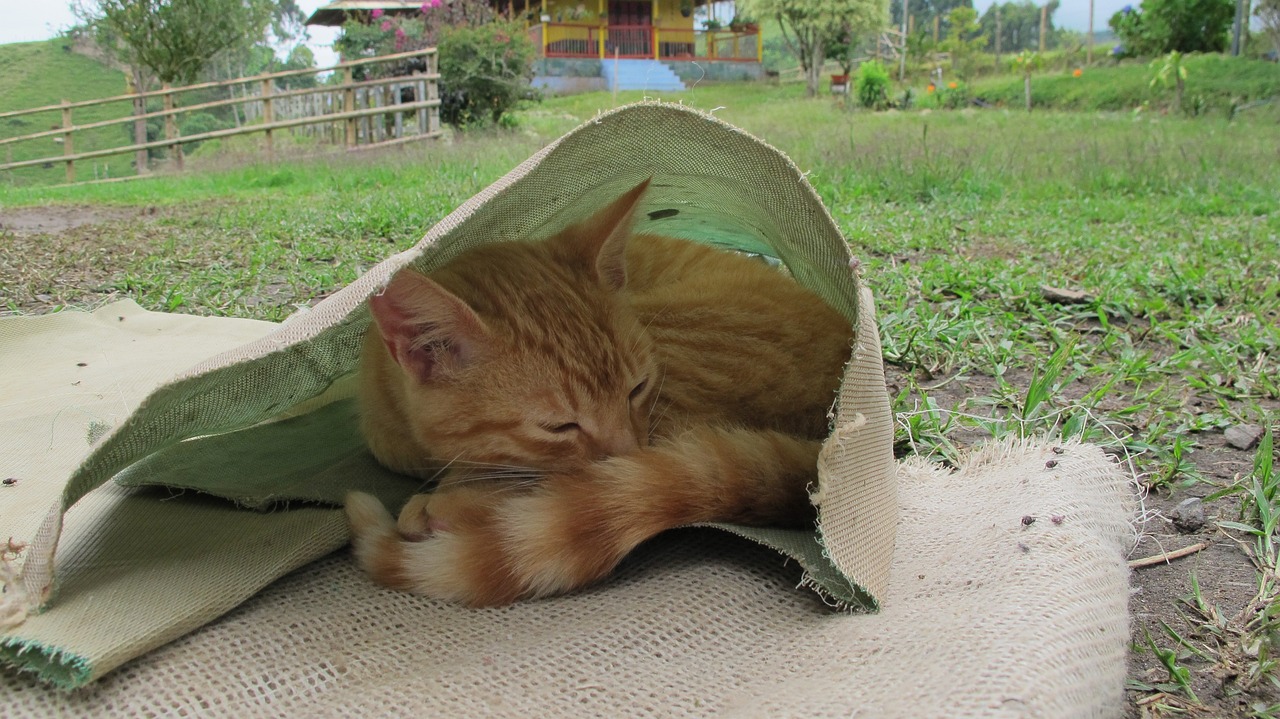Local Celebrations and Holidays: What to Expect in Armenia
Armenia, a stunning country located in the South Caucasus region of Eurasia, is known for its rich cultural heritage and vibrant celebrations. The country has a wide array of local celebrations and holidays throughout the year, each with its unique customs, traditions, and festivities. From religious events to national holidays, Armenians take immense pride in their traditions and warmly welcome visitors to join in the merriment. This article will provide you with a comprehensive guide to the local celebrations and holidays in Armenia, giving you an insight into what to expect and how to make the most of your experience.
New Year’s Day: January 1st
New Year’s Day in Armenia is a joyous occasion celebrated with great enthusiasm and excitement. Armenians mark the beginning of the year by exchanging gifts, gathering with loved ones, and indulging in delicious traditional food. The streets are adorned with colorful decorations, and the main squares of major cities host lively concerts and fireworks displays. The highlight of the celebration is the visit of Grandfather Winter, who brings gifts for children. Armenians also participate in the tradition of “burning the old year,” where they gather around bonfires to symbolically bid farewell to the previous year.
- Gift Exchanges: Armenians exchange gifts with family and friends, spreading joy and love.
- Traditional Food: The festive table is filled with traditional Armenian dishes, including dolma (stuffed grape leaves), khorovats (barbecue), and gata (sweet bread).
- Fireworks: Spectacular fireworks displays light up the night sky, adding to the festive atmosphere.
- Grandfather Winter: Children eagerly await the arrival of Grandfather Winter, who brings gifts and joy to households.
- Burning the Old Year: Bonfires are lit to symbolically bid farewell to the previous year and welcome new beginnings.
Armenia Image 1: 
Armenian Christmas: January 6th-7th
Armenian Christmas, also known as the Feast of Theophany, is celebrated on January 6th-7th. Unlike most Christian denominations, Armenians celebrate Christmas on this date to commemorate the birth and baptism of Jesus Christ. The celebration begins with a religious service at midnight, followed by festive gatherings and feasts. The streets are adorned with lights, and churches are beautifully decorated. Traditional dances and songs are performed, creating a joyful and spiritual ambiance.
- Religious Service: Midnight mass is held in churches across the country, where the birth and baptism of Jesus Christ are commemorated.
- Feasting: Families gather to enjoy a sumptuous feast, which includes traditional dishes such as fish, rice pilaf, and an assortment of sweets.
- Decorations: Churches and streets are adorned with lights and decorations, creating a festive atmosphere.
- Traditional Dances and Songs: Folk dances and songs are performed, showcasing Armenia’s rich cultural heritage.
- Epiphany Rituals: Some Armenians participate in the Epiphany rituals, where a cross is thrown into a body of water, symbolizing the baptism of Jesus Christ.
Armenian Genocide Remembrance Day: April 24th
Armenian Genocide Remembrance Day is a solemn and significant day in Armenia’s calendar. On April 24th, Armenians commemorate the victims of the Armenian Genocide, a tragic event that took place during World War I. The day is marked by memorial services, processions, and speeches, honoring the memory of those who lost their lives. The Armenian Genocide Memorial Complex in Yerevan serves as the focal point for the commemorative events, with thousands of people paying their respects.
- Memorial Services: Churches hold special memorial services to honor the victims of the Armenian Genocide.
- Processions and Marches: People gather in large numbers and participate in processions, carrying flowers and wreaths to lay at memorials.
- Speeches and Commemorative Events: Public figures and officials deliver speeches to remember the victims and raise awareness about the Armenian Genocide.
- Armenian Genocide Memorial Complex: The memorial complex in Yerevan serves as a place of remembrance and reflection, with the eternal flame burning as a symbol of hope and resilience.
- International Recognition: Armenians worldwide join in solidarity to raise awareness about the Armenian Genocide and advocate for its recognition by other nations.
Armenia Image 2: 
Independence Day: September 21st
Independence Day is a significant national holiday in Armenia, celebrating the country’s independence from the Soviet Union. On September 21st, Armenians come together to honor their freedom and pay tribute to the heroes who fought for independence. The day is marked by flag-raising ceremonies, parades, concerts, and cultural performances. The festivities take place throughout the country, with Yerevan being the center of the celebrations.
- Flag-Raising Ceremonies: The Armenian flag is raised in various locations, symbolizing the country’s independence.
- Parades: Colorful parades featuring military units, cultural groups, and marching bands showcase Armenia’s national pride.
- Concerts and Performances: Music concerts, dance performances, and theater shows entertain the crowds and celebrate Armenian culture.
- Fireworks: Spectacular fireworks displays illuminate the night sky, adding to the festive atmosphere.
- Public Gatherings: People gather in parks and public squares to enjoy the festivities, food stalls, and live entertainment.
Armenian Food and Wine Festival: October
The Armenian Food and Wine Festival, held in October, is a gastronomic celebration that showcases the richness of Armenian cuisine and winemaking traditions. The festival brings together local farmers, producers, and chefs to display their finest culinary creations and wine varieties. Visitors can indulge in a wide range of traditional dishes, including khorovats (barbecue), dolma (stuffed grape leaves), lavash (traditional bread), and an array of desserts. Wine enthusiasts can sample different varieties of Armenian wine and learn about the winemaking process.
- Culinary Delights: The festival offers a diverse range of Armenian dishes, allowing visitors to savor the flavors of traditional cuisine.
- Wine Tastings: Various wineries present their wines for tastings, providing an opportunity to explore the unique characteristics of Armenian wine.
- Cooking Demonstrations: Renowned chefs demonstrate traditional cooking techniques and share their culinary expertise.
- Artisanal Products: Local farmers and producers showcase their artisanal products, including honey, dried fruits, and preserves.
- Live Music and Entertainment: Cultural performances, live music, and dance shows create a lively and vibrant atmosphere.
Armenia Image 3: 
Conclusion
Armenia’s local celebrations and holidays offer a unique opportunity to immerse yourself in the country’s rich cultural heritage and experience the warmth of Armenian hospitality. From the festive atmosphere of New Year’s Day to the solemn remembrance of the Armenian Genocide, each celebration provides a glimpse into Armenia’s history, traditions, and values. Whether you’re exploring the bustling streets of Yerevan or venturing into the picturesque countryside, participating in these celebrations will undoubtedly create lasting memories. Plan your visit to Armenia accordingly, and embrace the joyous spirit of its local celebrations and holidays.
References
– www.armeniainfo.am (Armenia Info)
– www.armeniadiscovery.com (Armenia Discovery)
– www.armeniainfo.am (Armenian Genocide Museum-Institute)
– www.gov.am (Government of the Republic of Armenia)


